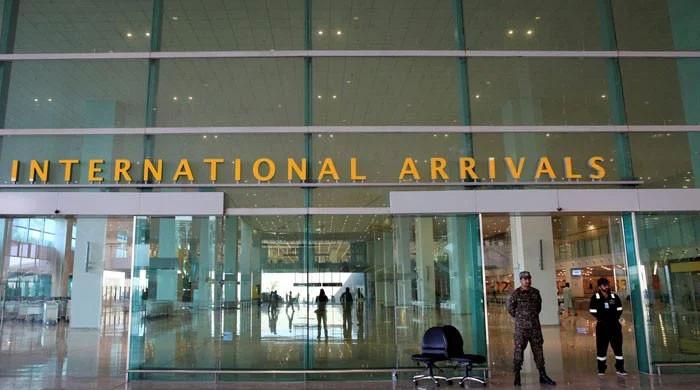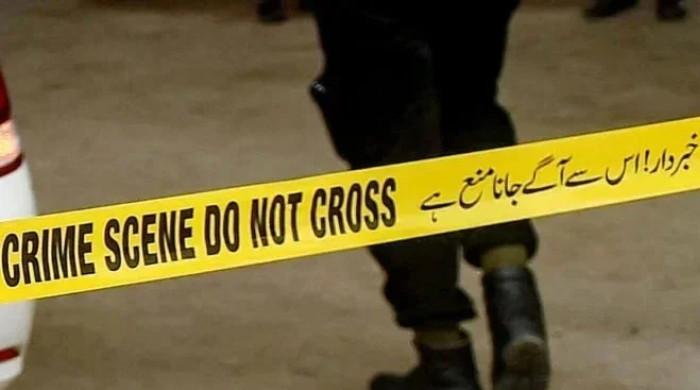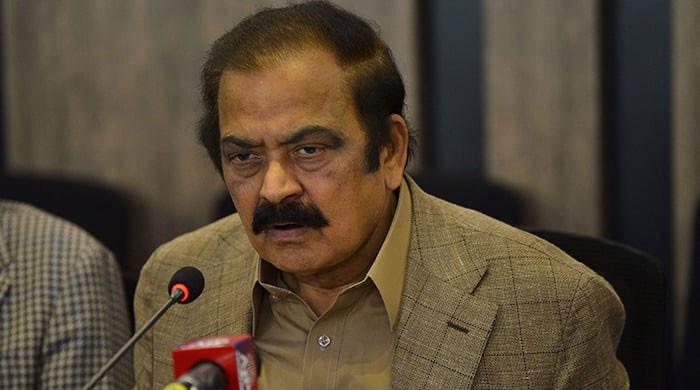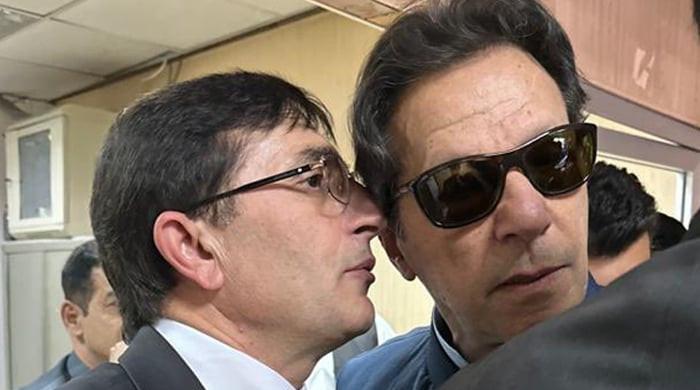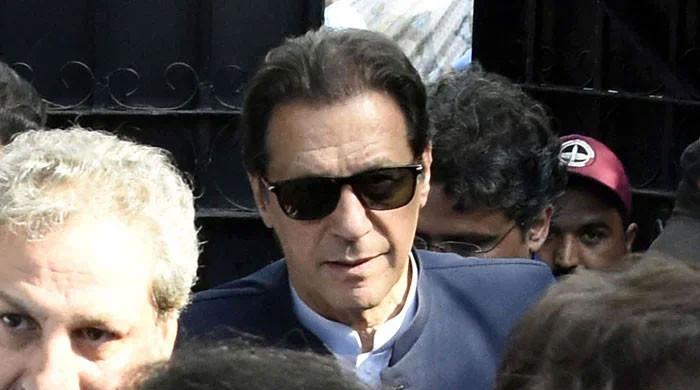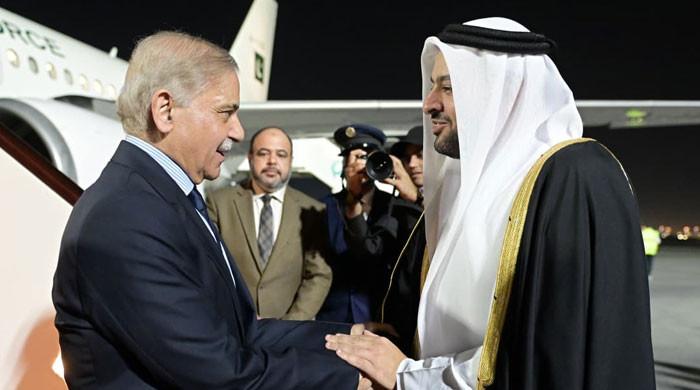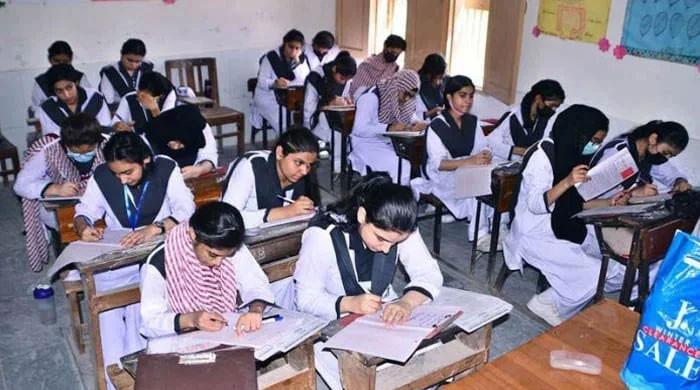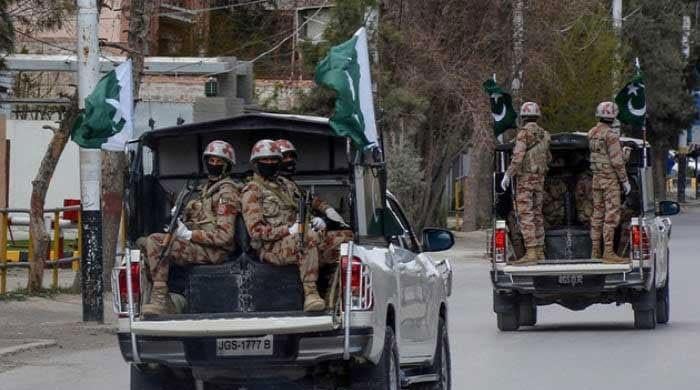Faces over cases: Judicial charge-sheet against NAB is growing
Courts pointing out discrepancies in NAB investigations of corruption scandals
December 03, 2019
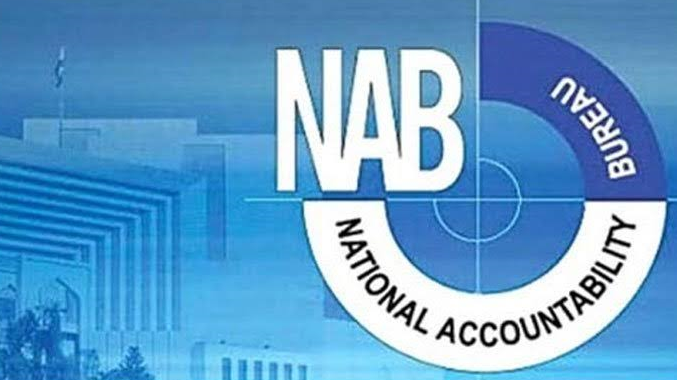
ISLAMABAD: Not once, or twice, or thrice, but more and more cases have been coming up over the past year where the superior judiciary finds that National Accountability Bureau is in the wrong to make corruption cases and detain individuals for months and years on end, without solid proof.
However, there is no correction being made in the system by either the Parliament or the Pakistan Tehreek-e-Insaf government to save innocent people from being wronged in the name of corruption and corrupt practices of the accountability bureau.
In recent rulings over the last one year, the superior judiciary has seriously questioned the functioning of NAB and used words and expressions like “arbitrary use of power”, “mala fide”, “conjectures”, “unperceived perceptions”, “lack of capacity” etc for the Bureau.
In almost all these cases, the courts have found that the NAB failed to produce evidence of corruption but arrested the accused. The NAB, however, is of the view that it works as per law and rules and does not believe in victimisation, and pursues the corruption cases on merit.
Repeatedly, the NAB chairman and its spokesperson have stated that the Bureau sees cases and not the faces in its endeavour to root out menace of corruption from the country. But the superior judiciary has pointed out the poor understanding of NAB investigators.
It has also questioned the decision making of the NAB chairman. Despite such repeated and damning orders from the superior judiciary against the NAB, no corrective measures have been taken to save people from Bureau’s wrongs.
In a mining contract reference, the LHC recently, while accepting the bail application of Muhammad Subtain Khan, the then minister for mines and minerals, had pointed out that the NAB in 2013 closed the inquiry into the matter noting that no loss had been caused to the public exchequer.
NAB had closed the case on the basis that the contract was cancelled by the Punjab government, but the NAB chairman re-opened the case without holding inquiry against those who had closed it earlier. The LHC verdict that pointed out serious flaws in Bureau’s decision making.
The court noted discrepancies even at the highest level, saying “But surprisingly without bringing on record any fresh ground or to digging out any hidden truth, the inquiry was reinitiated on the same allegations vide letter dated 26.04.2018 issued by the NAB DG."
The reasons and circumstances were, apparently, neither brought before the NAB chairman nor had he formed opinions on the basis of material. He had just ordered the re-opening of inquiry without holding any official of the NAB responsible for closure of the inquiry.
It is not the whims and designs, unsubstantiated by freshly disclosed facts, on the basis of which NAB could re-open a closed inquiry in a slipshod manner. The reasons, if any, are shrouded in mystery. With greater power always lies the greatest responsibility.
The powers of the NAB chairman are also structured by law and conscience, and therefore, he must be guided by them and not by unperceived perception infatuated by his subjective approach so as to use his discretion for taking some kind of imaginary blaming act.
"The prosecution has not alleged that the petitioner has got any kickbacks, made financial gains or caused any corresponding loss to the state,” the court noted in a judgement. Only last week, the IHC almost trashed NAB’s LNG Terminal case.
That case, in which three reputed men - former premier Shahid Khaqan Abbasi, ex-finance minister Miftah Ismail and MD PSO Imranul Haq - are implicated, is shrouded in mystery. The court has admitted the bail application of former MD PSO Sheikh Imranul Haq in the case.
In its order, the IHC pointed out the sheer incompetence of NAB, how the cases are made on the basis of mere “conjectures”, lack of Bureau’s capacity to probe such matters, arbitrary use of NAB law provisions, and the violation of fundamental rights.
The court also said that standard global business practices are treated by the anti-graft body as corruption and corrupt practices. The IHC said the NAB could not point out any significant violation of the rules committed in the bidding process of LNG Terminal.
According to the IHC judgment, there was no material evidence of corruption available against the petitioner, but it was NAB’s conjecture that the Sheikh Imranul Haq appointment as MD PSO was an alleged gain for him.
The court underlined that the standard business practices and arrangements, which are industry norms internationally, are being treated as corruption and corrupt practices.
The judgment said, “We have noted in several cases that the investigations are not carried out by experts, fraud examiners or investigators or data mining experts. We had also not come across any case like the one in hand.."
"...where chartered accountants or trained professionals in matters relating to white-collar crime may have been associated during the inquiry or investigation. The capacity and professional competence of investigators is inevitable to deal with matters relating to white collar crimes."
"The object for which the Ordinance of 1999 was enacted can only be achieved if the alleged crime is investigated by professionals who are trained as experts in white collar crime. The case in hand appears to be a classic example of the violation of the guaranteed rights of a citizen."
Before this latest decision by IHC, the Saaf Pani Project, Ramazan Sugar Mills and Ashiana Housing Scheme - the three corruption cases made by the National Accountability Bureau against Shehbaz Sharif and others - have already become a huge embarrassment for NAB.
In at least two of these cases, the Lahore High Court finds “mala fide” intention on part of NAB. In all the three cases, the LHC found no abuse of authority or violation of law, rules and procedure. Rather, the court held that no corruption, kickback, commission or such was alleged.
The corruption watchdog had alleged abuse of authority and illegalities against former three times chief minister and his key bureaucratic aides but failed to prove any allegation. The Lahore High Court, in at least two cases - Saaf Pani and Ramazan Sugar- found mala fide on part of NAB.
The LHC, on the bail application of Shehbaz Sharif in the Ashiana Housing Scheme and Ramazan Sugar Mill case, had ruled that Shehbaz neither misused his authority nor misappropriated funds allocated for the project or received illegal gratifications, commission or kickbacks.
In the Ashiana case, the court ruled that not even an inch of state land was given to anyone. In Saaf Pani case, the management saved almost Rs400 million, whereas in Ramazan Sugar Mill case, the court found that the drain, which the NAB alleged was built for Ramazan sugar, was a “public welfare project”.
While dealing with NAB’s Ashiana case, the LHC referred to PTI government housing scheme to expose the double standards of the NAB, and said, “It is not understandable that as to why the NAB is insisting that the project (Ashiana housing) should have been executed in the government instead of public private partnership mode when the later mode is also lawful, as envisaged under the Public Private Partnership Act, 2014."
"It is also noteworthy that even the sitting government has launched a project for the construction of 5,000,000 houses in Pakistan under the same mode (public private partnership) and no objection has so far been raised in this respect by the NAB.”




